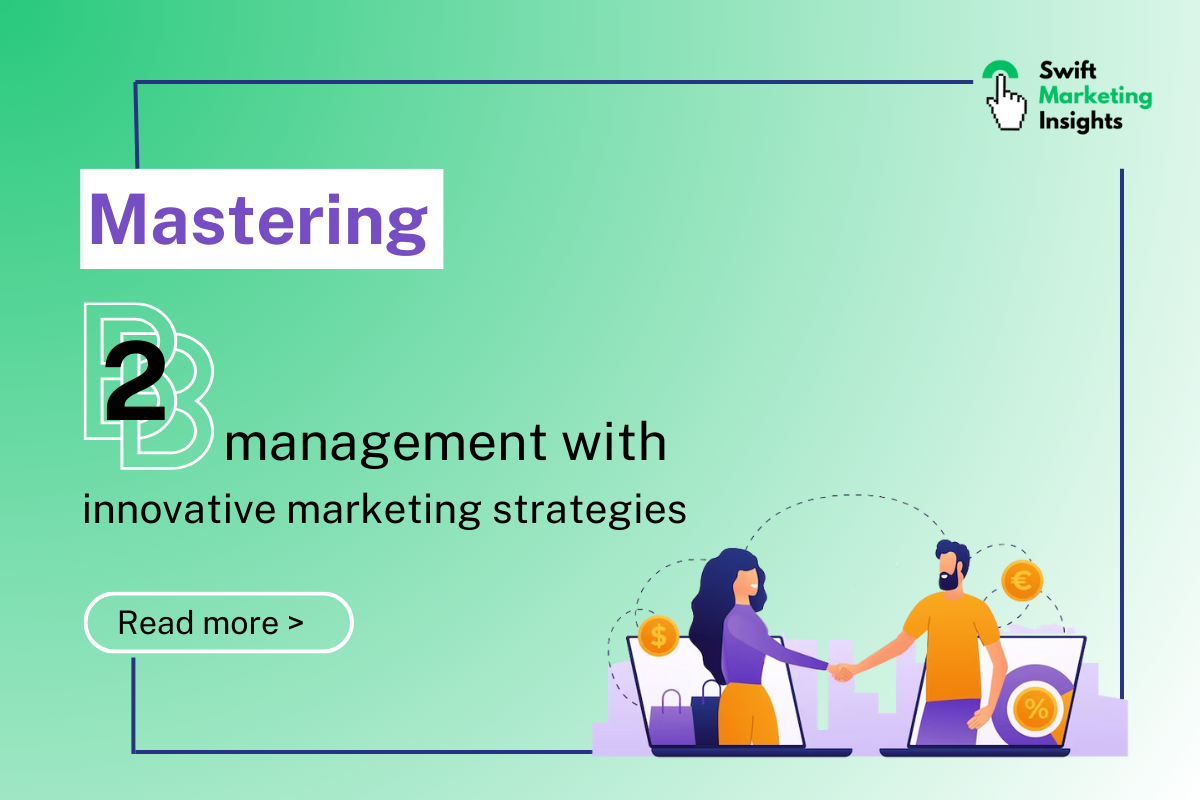

The world of B2B marketing is powerful and dynamic, and content and data are the factors that greatly aid in propelling campaigns forward in full force. Just because you have a good repository of overflowing data doesn’t automatically mean your campaigns are successful – you require a watertight and masterful data management strategy that ensures quality, security and efficient utilization to unlock the magic of data marketing.
Let’s dive into some tested and successful tactics that have evolved over years of usage in the B2B marketing expanse and supercharge your marketing engine with the fuel of these strategies:
- Data Governance: Without appropriate data governance, your data is somewhat of a chaos without a manager. To ensure everything operates as smoothly as possible, establishing clear ownership, access controls as well as quality standards is essential. This empowers consistent decision-making and eliminates the “he-said-she-said” data discrepancy dilemma.
- Data Quality Management: Data that lacks quality might seem like a harmless snag, but it strings with it disastrous consequences that hamper your marketing efforts. Clean data on the other hand, can efficiently lead you to targeted campaigns, maximized ROI and improved engagement. For this to happen, you should focus on implementing regular data cleansing processes that can help identify and eliminate duplicates, inconsistencies and outdated information from your data.
- Data Security: For the data-driven landscape, an equivalent of a bank heist is a major data security breach for B2B organizations. Demonstrating a commitment to safeguarding customer data is paramount, and implementing comprehensive security protocols like access controls, encryption and regular vulnerability assessments can help you build trust with clients in the B2B landscape.
- Scalable Data Storage Solutions: Your business and data are directly related; as your business grows, so does data. Hence, opting for the right data storage solution is vital. Cloud-based solutions offer services like scalability, cost-effectiveness and flexibility and exploring options like data lakes, data warehouses and hybrid solutions can help you find the perfect fit for your specific needs.
- Data Integration: Implementing data integration strategies within your organization help you overcome any hindrances in your ability to gain a comprehensive view of your clientele. These strategies unify information from various sources like your CRM, ERP and marketing automation platforms. This gives you a 360-degree view of your customers, empowering you to personalize and tailor marketing messages and make your customer journey much more efficient.
- Data Enrichment: Basic contact information is just no longer adequate and additional data points such as firmographics, technographics, and behavioral insights can enhance your client profile. Use third-party data sources and social media listening tools to better understand your target demographic and personalize your marketing efforts.
Data management is a continuous process and staying current on the newest developments and technologies, such as artificial intelligence, machine learning, and blockchain is essential. These developments may improve data quality, security, and analytics capabilities.
Ready to maximize the potential of your B2B marketing efforts? Subscribe to our newsletter to receive unique insights, industry trends, and professional advice on staying ahead of the curve in the ever-changing world of B2B data management.






